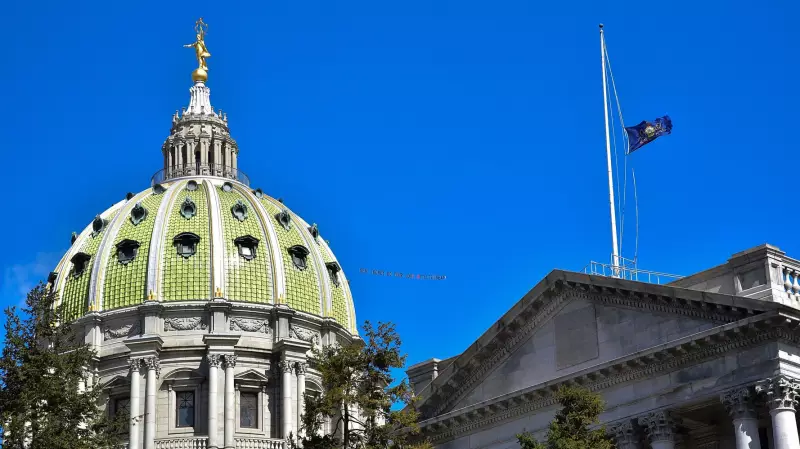
Pennsylvania's highest court is poised for a dramatic shift that could reshape the state's political future. The upcoming retirement of Justice David N. Wecht has created a pivotal vacancy that will be decided by voters in the 2025 election, potentially ending the Democratic majority that has characterized the court in recent years.
The Stakes for Pennsylvania's Judicial Landscape
With Justice Wecht's term concluding in January 2026, the 2025 judicial election takes on extraordinary significance. The seven-member court currently maintains a 5-2 Democratic majority, but this balance hangs in the balance as Pennsylvania voters prepare to make one of their most consequential judicial decisions in recent memory.
This vacancy comes at a particularly sensitive time for Pennsylvania politics. The state Supreme Court has recently ruled on numerous high-profile cases involving election procedures, redistricting, and reproductive rights. The court's composition could directly impact future rulings on these deeply divisive issues.
Historical Context and Political Implications
Pennsylvania has demonstrated its status as a crucial swing state in recent election cycles, making judicial appointments particularly contentious. The state Supreme Court has frequently found itself at the center of national political attention, especially following rulings on mail-in voting and election certification processes.
The timing of this vacancy ensures that the 2025 judicial race will attract massive political spending and national interest. Both major political parties recognize the long-term implications of controlling the state's highest court, particularly with presidential elections and congressional redistricting on the horizon.
What Voters Need to Know
Unlike federal judicial appointments, Pennsylvania Supreme Court justices are elected through statewide popular vote. Candidates typically cross-file to appear on both Democratic and Republican primary ballots, though they generally align with one major party.
Justice Wecht's departure marks the end of a significant tenure on the bench. First elected in 2015 and retained in 2021, he has been part of numerous landmark decisions that have shaped Pennsylvania law and policy across multiple domains.
Political analysts are already predicting that this single judicial race could become one of the most expensive state Supreme Court contests in American history, reflecting Pennsylvania's crucial position in the national political landscape.
As the 2025 election approaches, Pennsylvania voters face a decision that will reverberate through state politics for years to come. The outcome will determine not just the ideological balance of the court, but potentially the direction of key policy decisions affecting millions of residents.





